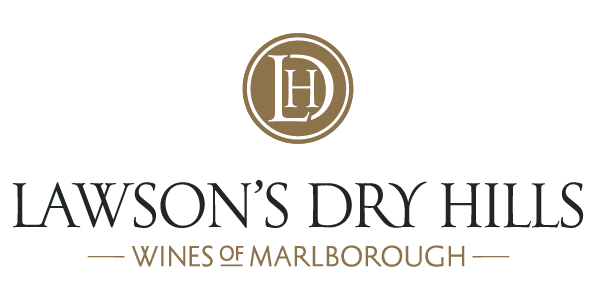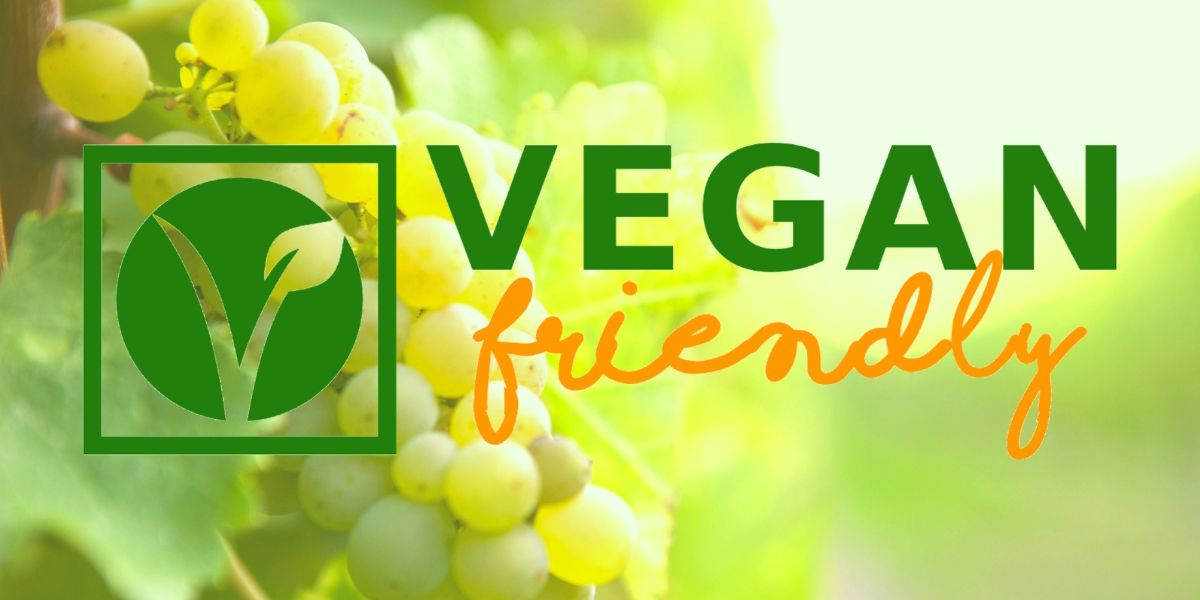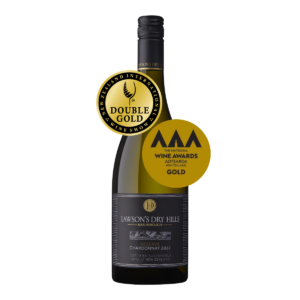It’s May – typically one of the busiest months for a winemaker in Marlborough, yet Marcus Wright, Chief Winemaker at Lawson’s Dry Hills, still finds time to reply to his U.K. distributor’s email about the new fining technique he’s been exploring with his wines. Such attention to detail is symptomatic of the measures taken by this relatively small yet hugely successful Marlborough winery to keep lifting its game.
Over the past year, Lawson’s Dry Hills has been trialling different fining agents in a bid to broaden the appeal of its wines to new sectors of the market, namely vegans and vegetarians. As a result, they are now fining or ‘clarifying’ most of their sauvignon blancs and certain other varietals with totally plant-based fining agents. According to Marcus, “A number of new products have come available recently, allowing us to make our wines completely vegan and vegetarian friendly. Plus, we’re producing a better end product which everyone can appreciate.” The new fining techniques are being used in many of the wines under the Lawson’s Dry Hills, Mount Vernon and Blind River ranges.
Even the more seasoned wine drinkers amongst us may be unclear about what effect fining has on a wine. As Marcus puts it, “Fining takes away those more astringent elements known as ‘phenolics’, giving the wine a softer mouth feel, improved aroma and a cleaner, brighter appearance in the glass.”
Fining is quite a simple process. The winemaker pours a small quantity of the fining agent into the barrel or tank which bonds to suspended particles including dead yeast cells, tannins and grape fragments, causing them to slowly sink to the bottom. When the wine is ‘racked’ from one barrel or tank to another, the sediment is left behind and discarded. Traditionally, fining agents such as egg white, gelatine, isinglass (a fish-based product) and milk are used. While they ensure the final wine is clear and less astringent, there is a chance that minute traces may still remain in the wine; as stated on the back labels of many wines. This can be of concern not only to vegans and vegetarians, but also to those who may be allergic to milk, egg or fish.
With the new plant-based fining technique being used by Lawson’s Dry Hills, there’s absolutely no contact with any animal-based products at any point during the winemaking process. It’s also yet another example of how Lawson’s Dry Hills always looking to make many small improvements along the way, which add up to a better end product. So how good are the new wines? To find out, open any of the recent 2017 wines from Lawson’s Dry Hills, Mount Vernon or Blind River Sauvignon Blancs and taste for yourself. You don’t have to be a vegan or vegetarian to appreciate the difference, just someone who enjoys good wine!





